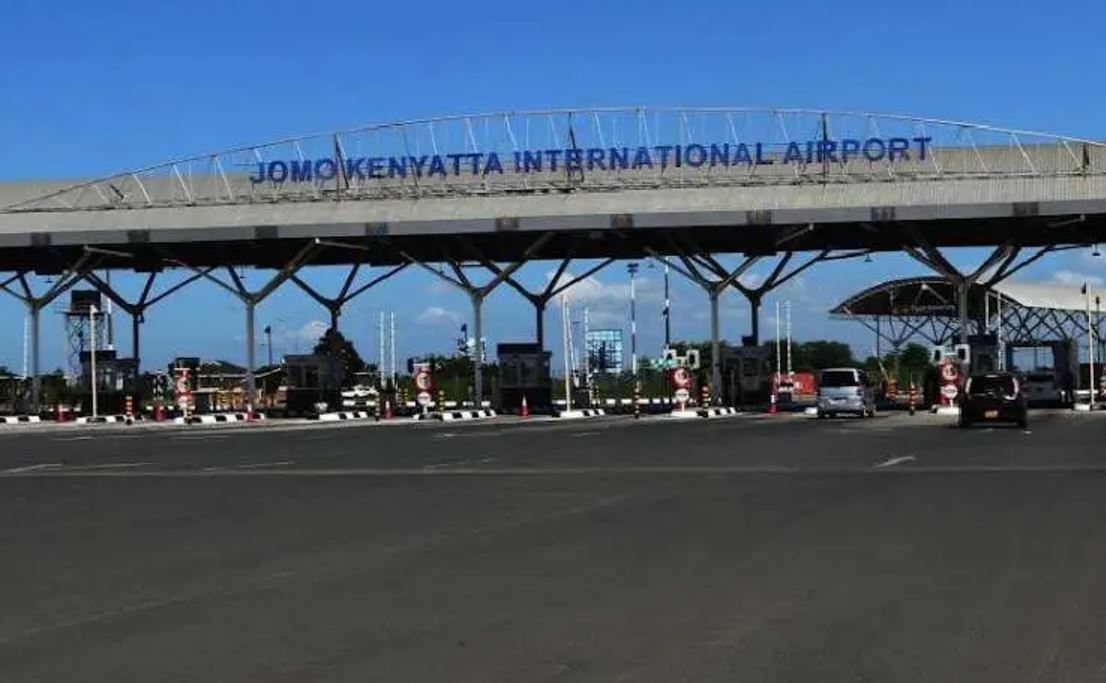Kenya has officially terminated the government’s contractual discussions with the Adani Group over its controversial proposal for a 30-year lease of Jomo Kenyatta International Airport (JKIA).
The country’s Head of State, President William Ruto announced the cancellation and cited credible evidence of corruption and violations of transparency and accountability standards, key principles outlined in Kenya’s Constitution under Article 10.
President Ruto directed Cabinet Secretaries Davis Chirchir (Transport) and Opiyo Wandayi (Energy) to immediately cancel not only the JKIA Public-Private Partnership (PPP) discussions but also the $736 million, 30-year partnership with Adani Energy Solutions for constructing power transmission lines under the Kenya Electricity Transmission Company (KETRACO). Both contracts had faced legal challenges, including a temporary court block on the JKIA lease following petitions by the Law Society of Kenya and the Kenyan Human Rights Commission, which criticized the agreements for potential economic risks.
Global developments
The announcement aligns with recent global developments, as the U.S. Department of Justice (DoJ) has filed a five-count indictment against Adani Group Chairman Gautam Adani and associates. The charges allege bribery, securities fraud, and orchestrating a scheme to defraud U.S. investors and financial institutions. While Adani has denied these allegations, calling them baseless, they add weight to Kenya’s decision to sever ties with the conglomerate.
The President emphasized the importance of securing alternative partnerships to advance the country’s infrastructure and energy needs. This decision underscores Kenya’s commitment to upholding transparency and ensuring deals serve national interests while mitigating fiscal and reputational risks.

